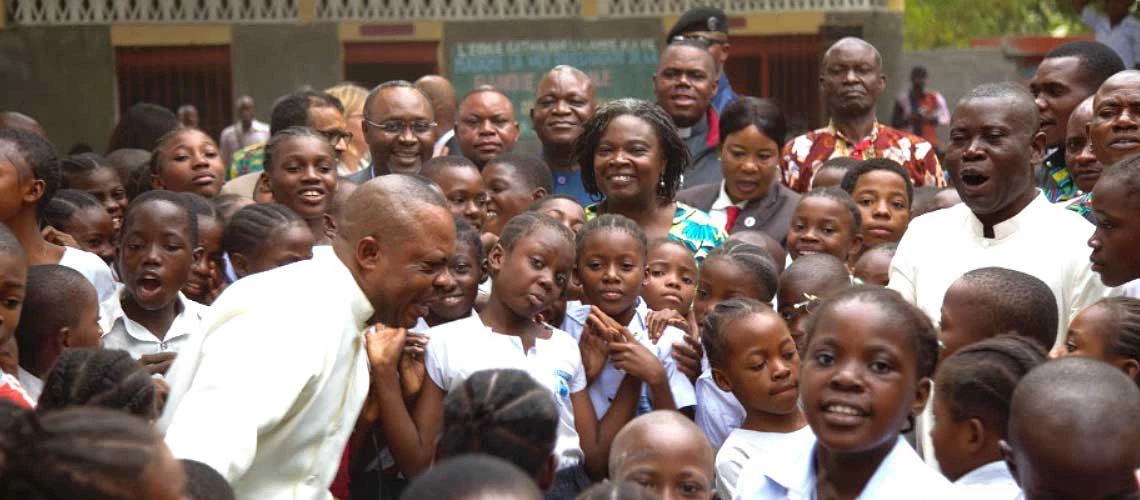 Posing with students and staff at the Ngwanza School in Kinshasa. Photo: Medard Lobota/World Bank
Posing with students and staff at the Ngwanza School in Kinshasa. Photo: Medard Lobota/World Bank
Four years ago, the Democratic Republic of Congo (DRC) introduced free primary education, aware of the importance of developing human capital to support economic growth, transform the country, and end intergenerational transmission of poverty. The World Bank welcomed this policy and has been supporting its rollout in select provinces with $800 million in IDA financing through the Emergency Equity and System Strengthening in Education (EESSE) project .
I was therefore delighted to engage last month with dozens of young pupils at the Ngwanza elementary school in Kimbaseke, one of Kinshasa's outlying neighborhoods, and at the Buena Muntu girls' school complex in Kananga, in Kasai Central, one of the country's poorest provinces. Enrollments at these two schools have risen by more than half since the launch of free schooling which means many of the pupils I met might not have been there if school fees had not been abolished.
The meaningful words these children spoke in their welcome messages, the ambition of some of them to become teachers to educate other children, and the joy I could read on their faces, reinforced my belief in the incredible impact education can have on children's lives. It is the spark and the fuel that makes all future achievements possible. It is an energy I will certainly carry forward as I attend next month’s high-level Human Capital Summit – which will call on all African heads of state for a renewed focus on investing in people.
DRC’s progress shows what is possible with strong political will. Consider what DRC has been able to achieve with World Bank support despite the school closures due to the COVID-19 pandemic and the recent flaring up of a conflict in Eastern DRC:
- Increased primary school enrollment: 3.7 million additional students have enrolled in public primary schools since the implementation of the free primary schooling policy: the number of students went from 14.2 million in school year 2018-2019 to 17.9 million in school year 2020-21.
- Achieved gender parity in primary education: Net enrollment has increased by 50%, from 52% in 2000 to 78% in 2017, and girls have caught up to boys in terms of both gross and net enrollment rates.
- Improved transparency and accountability of human resource management: 58,000 primary teachers were brought on the payroll and paid regularly in accordance with an updated and transparent salary payment system.
- Strengthened safe and inclusive environment in schools: 183,000 teachers (100%) of primary school teachers in the selected project provinces have signed a revised code of conduct that prohibits all forms of violence and discrimination, and 20,000 safe and inclusive school focal points were appointed in public primary schools in project provinces, among other steps to prevent Sexual Exploitation and Abuse and Sexual Harassment (SEA/SH).
Despite this incredible progress, much remains to be done in the DRC as the current level of human capital remains low. The DRC ranked 164 out of 174 countries on the 2020 Human Capital Index (HCI), reflecting decades of conflict and fragility, and limiting development and growth. The data suggests that a Congolese child born today can expect to achieve only 37% of his or her potential, compared to what would have been possible if provided with a full, quality schooling experience and optimal health conditions. Low quality of education and learning outcomes, especially at the secondary level and for girls, is one of the main factors explaining the low human capital index.
The World Bank is committed to supporting the government on its journey to tackle these challenges. Our Board of Executive Directors approved in March $400 million in IDA financing for a Girls' Learning and Empowerment Project that is designed to support the government’s efforts to strengthen secondary education. It will improve safe and equitable access, particularly for girls, and teaching-learning conditions at secondary schools in selected provinces. This includes creating safe and inclusive school environments, strengthening curriculum and teaching-learning materials, as well as equipping girls and boys with digital skills needed to participate in tomorrow’s economy. This project will build on important systemic reforms initiated under the EESSE project to address SEA/SH in schools, for example by extending the complaint resolution channel known as “Allo Ecole” from primary to secondary education, extending the signing of codes of conduct to all secondary school teachers, and conducting awareness campaigns with the community, teachers, and students.
I look forward to seeing the results of this collaboration between the DRC government and the World Bank. Keeping girls in school, by making schools safer and better suited for girls, is the smart thing to do to boost human capital and advance economic development on the continent.

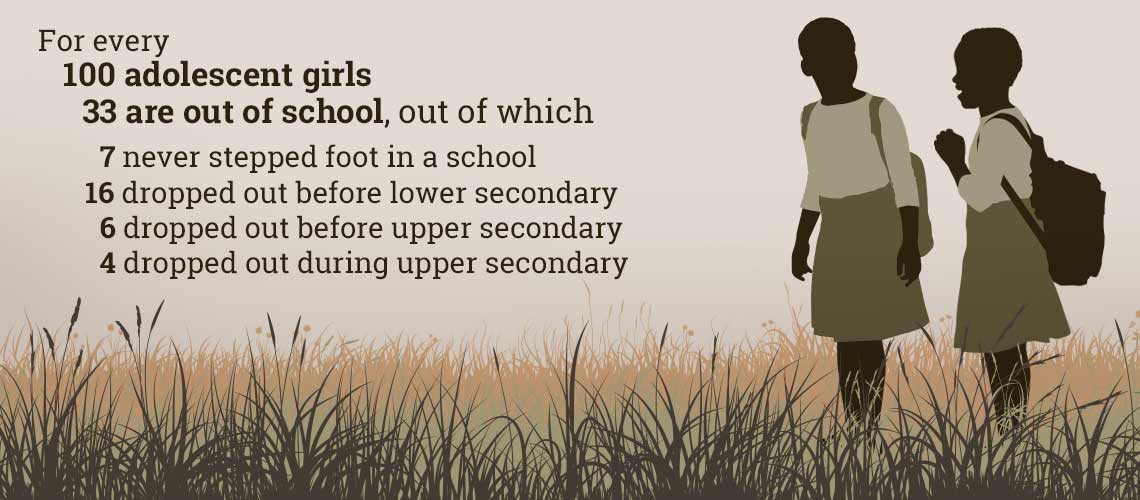
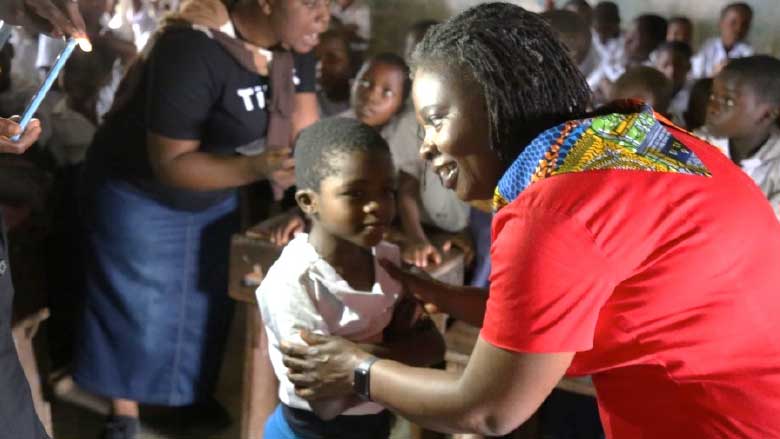
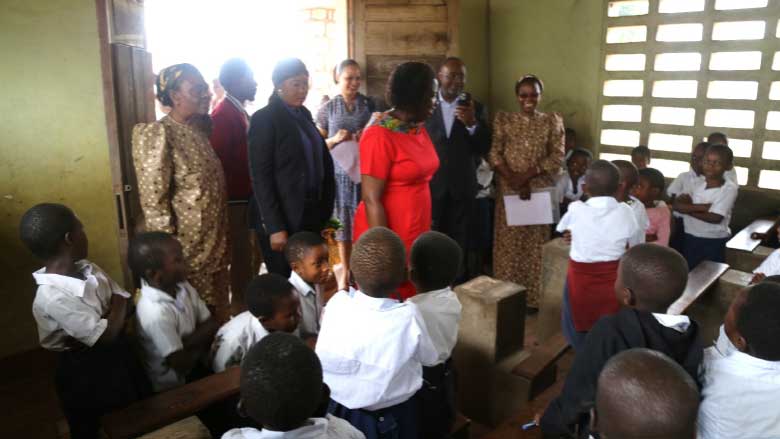
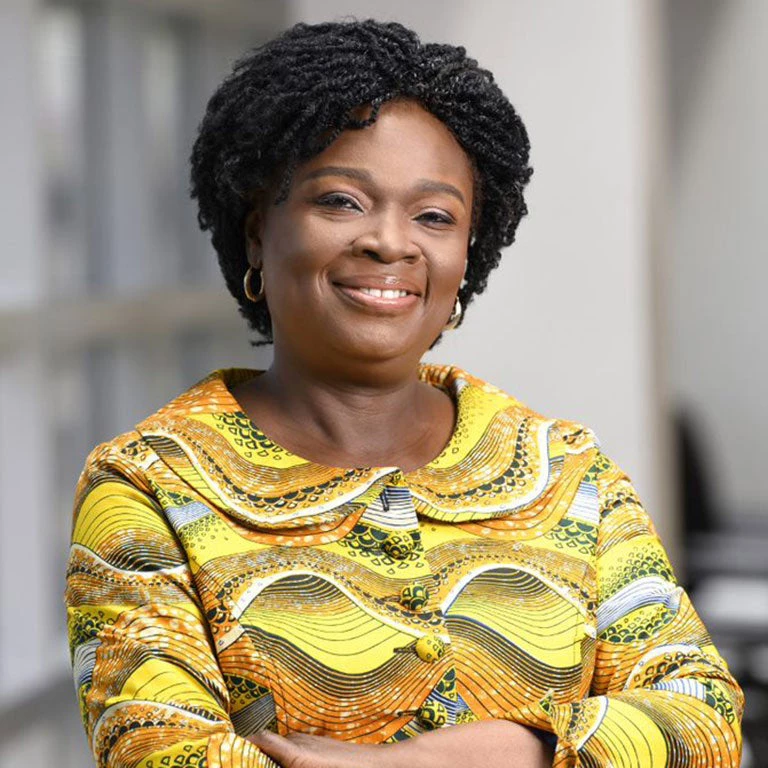
Join the Conversation